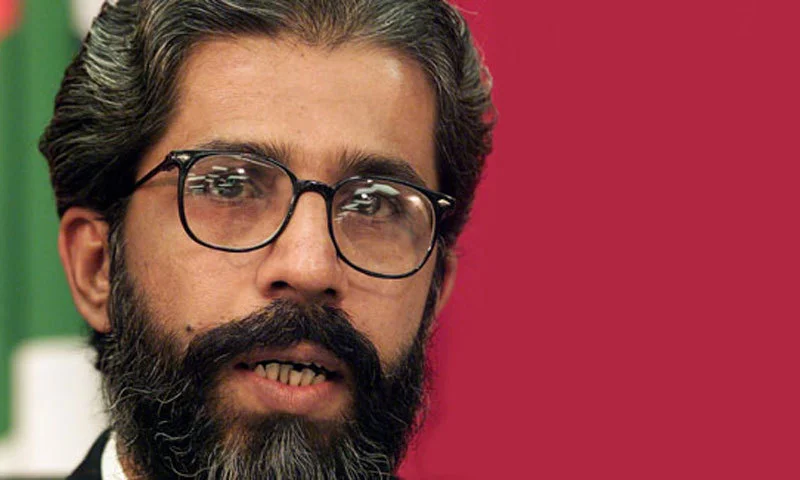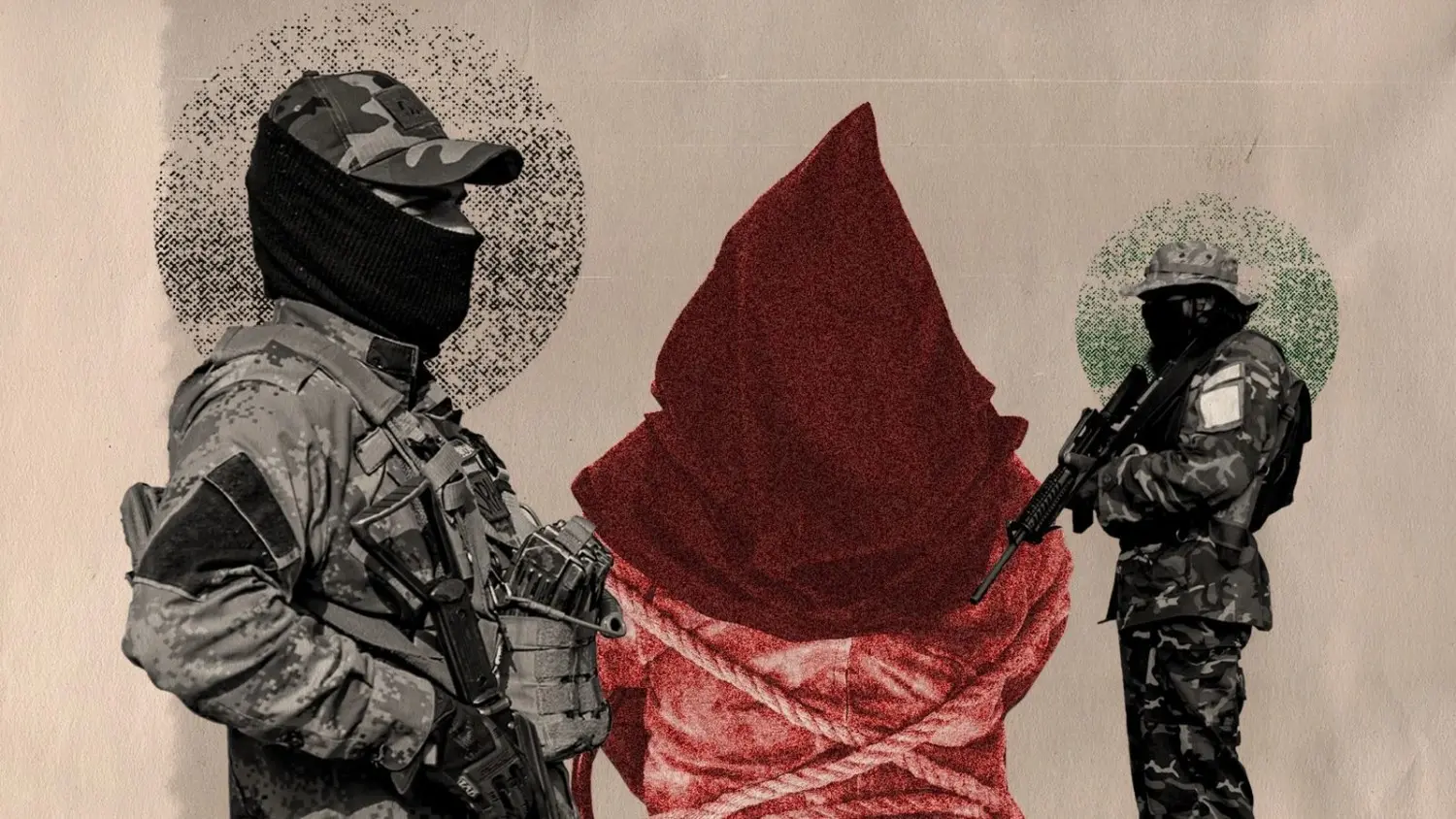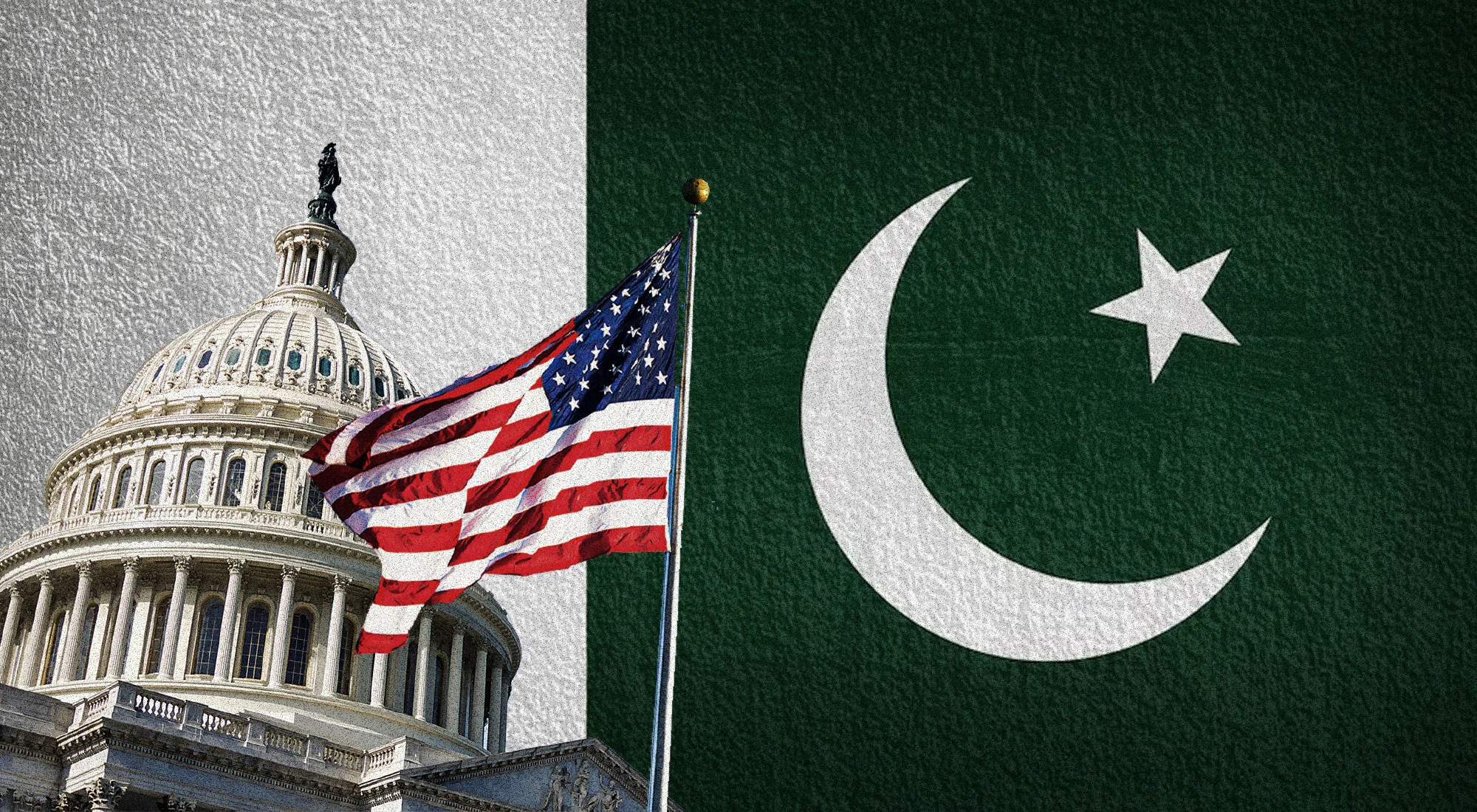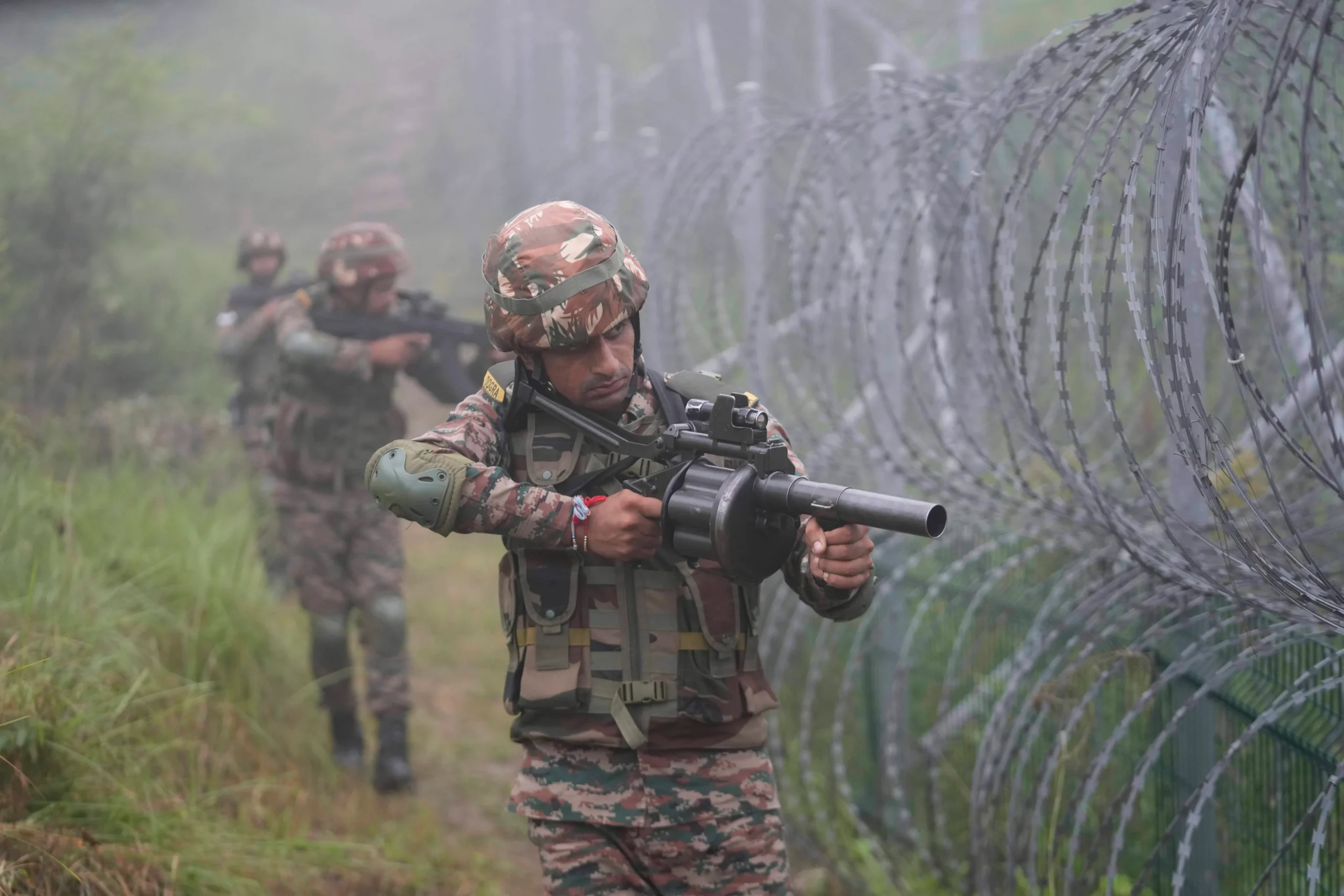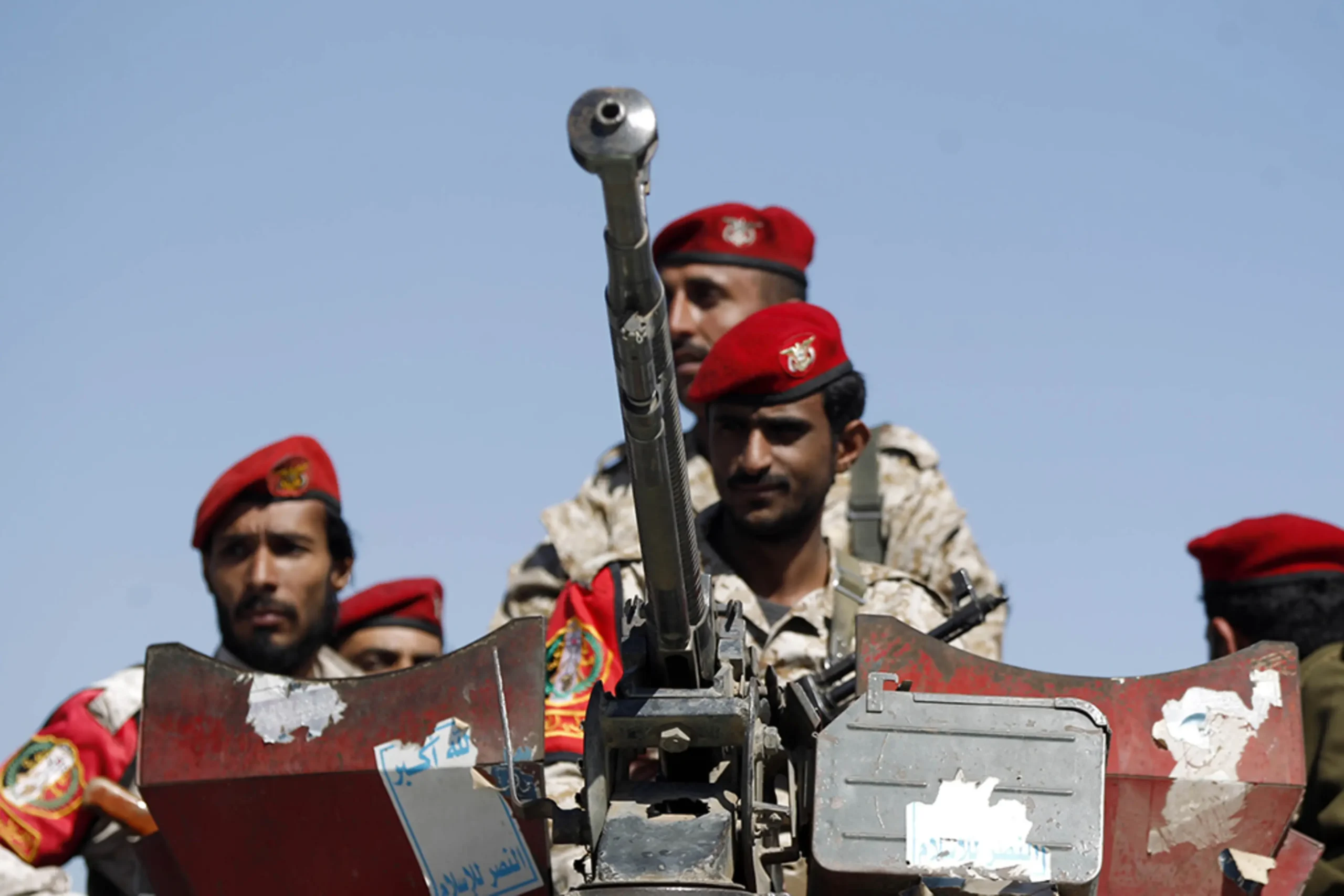Pakistani courts have sentenced several people in the Imran Farooq murder case, a prominent politician. Farooq was living in exile in north London and was killed 10 years ago.
Imran Farooq had been living in exile in the UK since 1999. He left Pakistan to avoid being put in custody over several legal cases against him in Karachi. He later pursued political asylum in the UK. His membership of MQM had been suspended at the time of his death.
On 16th September 2010, he was repeatedly clubbed with a house brick and stabbed in Edgware upon coming back home from work.
Farooq’s assassination sparked rioting in Karachi. Karachi is not only Farooq’s native city but also the birthplace of the Muttahida Qaumi Movement (MQM).
Scotland Yard’s counter-terrorism command, SO15, investigated the killing, speaking to more than 4,000 witnesses and collecting more than 4,500 pieces of evidence.
In Islamabad, on Thursday, 18th June 2020, the court named Mohsin Ali Syed, 35, and Muhammad Kashif Khan Kamran, 40, guilty of murder and conspiracy to murder. Syed has been sentenced to life imprisonment, whereas, Kamran was convicted in his absence and is wanted by Pakistani authorities. Two other men, who are inmates at the Rawalpindi jail, Moazzam Ali and Khalid Shamim, were also convicted for their involvement in the killing. Iftikhar Hussain and Mohammad Anwar were also named as fugitives in the case, and are to be arrested by Pakistani or British authorities.
The court also issued an arrest warrant for the head of the MQM, Altaf Hussain, declaring that he had given the go-ahead for the murder. Hussain has denied allegations and maintains that Farooq was like a brother to him.
MQM has been long accused of using extortion, murder, and other unlawful means to cement its grip on power in Karachi. They were also accused of inciting, condoning, and committing ethnic violence in the city throughout the recent past.

